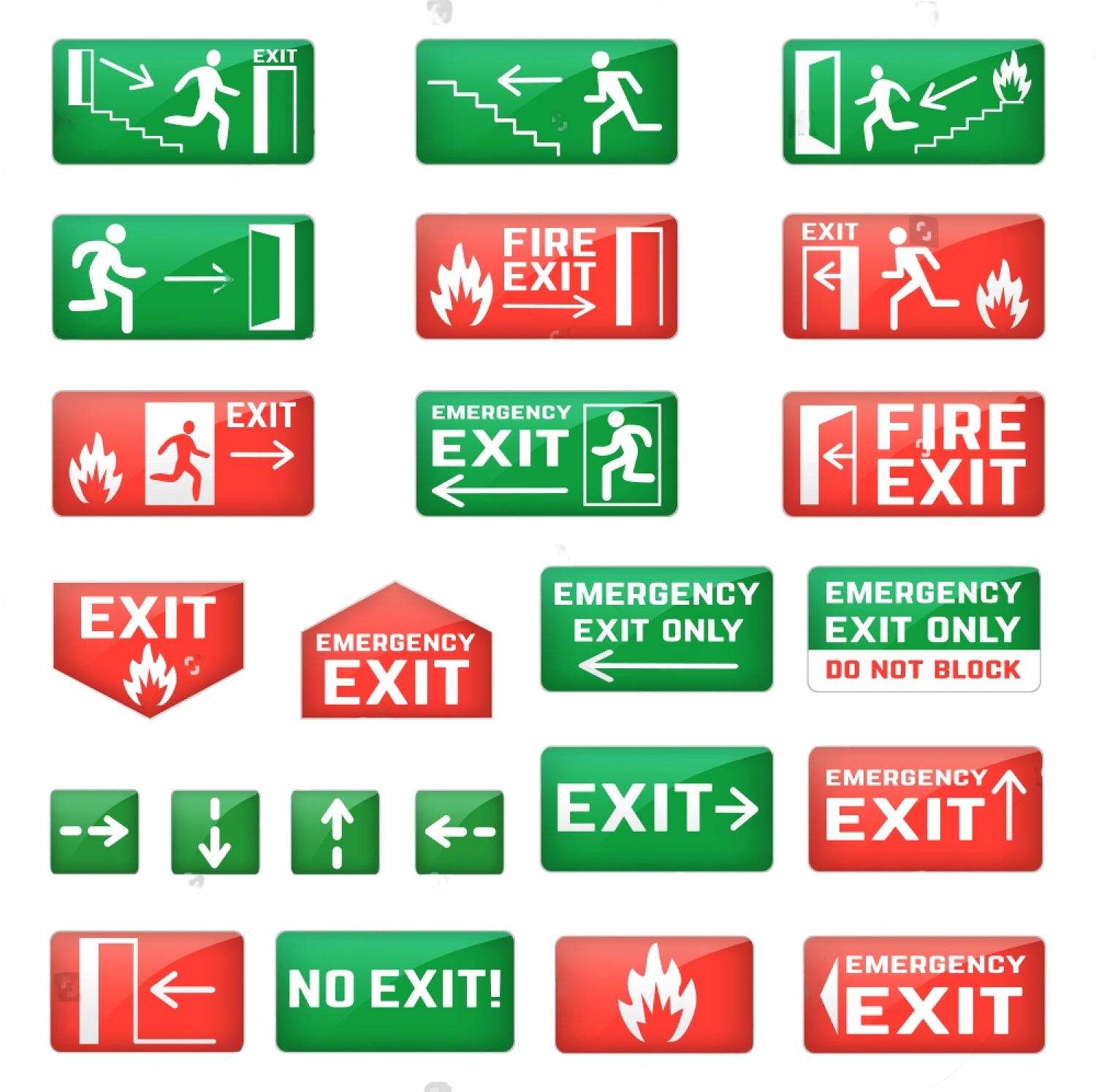FIRE DETECTIONASGB - ENTERPRISES
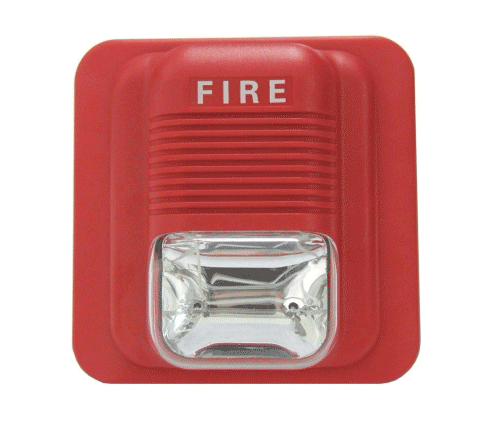




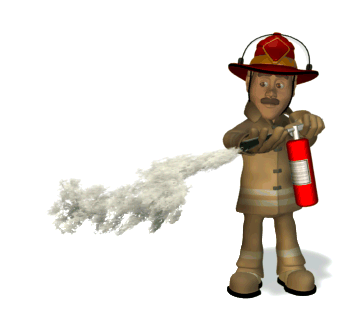
A fire alarm system is a building system designed to detect and alert occupants and emergency forces of the presence of smoke, fire, carbon monoxide, or other fire-related emergencies. Fire alarm systems are required in most commercial buildings. They may include smoke detectors, heat detectors, and manual fire alarm activation devices, all of which are connected to a Fire Alarm Control Panel (FACP) normally found in an electrical room or panel room. Fire alarm systems generally use visual and audio signalization to warn the occupants of the building. Some fire alarm systems may also disable elevators, which under most circumstances, are unsafe to use during a fire.
ADDRESSABLE FIRE PANEL
Addressable fire alarms are fire protection systems where each device within the system has its own “address” or location. (Hence the name!) Each device detects changes in its immediate atmosphere to determine the exact location of a fire within the building.
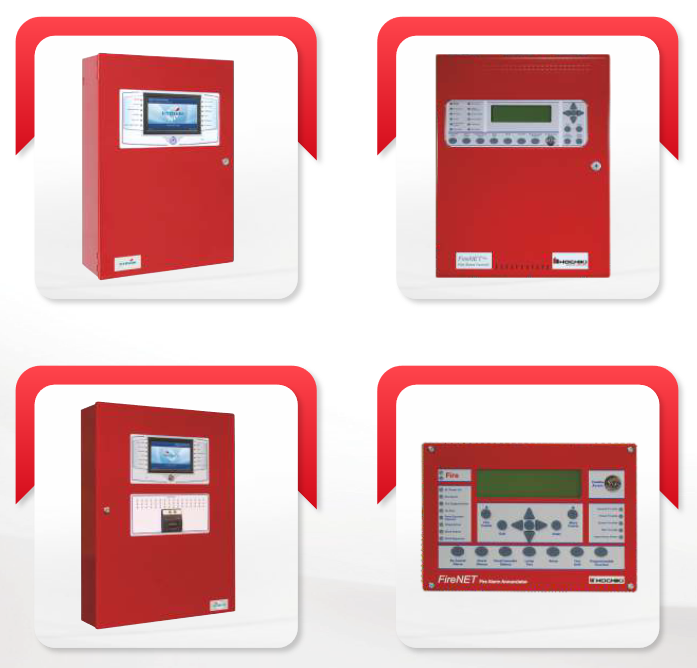
CONVENTIONAL SOUNDER
A conventional system employs one or more initiating circuits, connected to sensors (initiating devices) wired in parallel. These sensors are devised to decrease the circuits resistance when the environmental influence on any sensor exceeds a predetermined threshold.
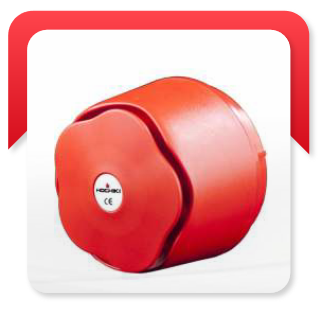
MANUAL CALL POINT
Manual fire alarm activation is the process of triggering a fire alarm through a call point, pull station, or other device. This usually causes the alarm to sound the evacuation signal for the relevant building or zone.
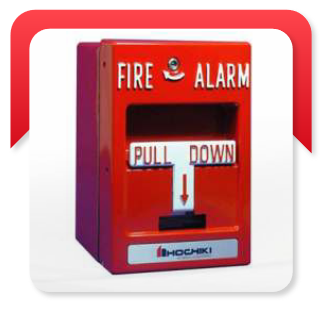
HEAT DETECTORS
A heat detector is a fire alarm device designed to respond when the convected thermal energy of a fire increases the temperature of a heat sensitive element. The thermal mass and conductivity of the element regulate the rate flow of heat into the element. All heat detectors have this thermal lag.
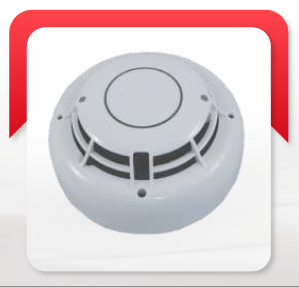
SMOKE DETECTORS
A smoke detector is an electronic fire-protection device that automatically senses the presence of smoke, as a key indication of fire, and sounds a warning to building occupants. Commercial and industrial smoke detectors issue a signal to a fire alarm control panel as part of a building's central fire alarm system.
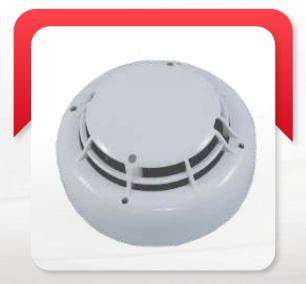
FIRE SUPPRESSIONASGB - ENTERPRISES





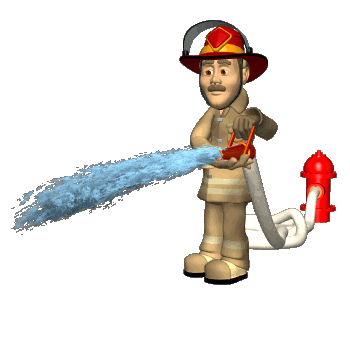
Fire suppression systems are used to extinguish, control, or in some cases, entirely prevent fires from spreading or occurring. Fire suppression systems have an incredibly large variety of applications, and as such, there are many different types of suppression systems for different applications being used today. Of these, there are some that are still in use but are no longer legal to manufacture and produce.
FIRE EXTINGUISHERS
A fire extinguisher is a handheld active fire protection device usually filled with a dry or wet chemical used to extinguish or control small fires, often in emergencies. It is not intended for use on an out-of-control fire, such as one which has reached the ceiling, endangers the user (i.e., no escape route, smoke, explosion hazard, etc.), or otherwise requires the equipment, personnel, resources or expertise of a fire brigade. Typically, a fire extinguisher consists of a hand-held cylindrical pressure vessel containing an agent that can be discharged to extinguish a fire. Fire extinguishers manufactured with non-cylindrical pressure vessels also exist but are less common.
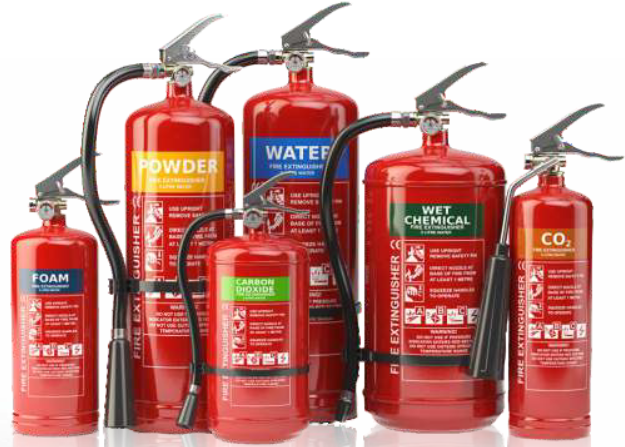
HOSE PIPES
A hose is a flexible hollow tube designed to carry fluids from one location to another. Hoses are also sometimes called pipes, or more generally tubing. The shape of a hose is usually cylindrical. Hose design is based on a combination of application and performance.
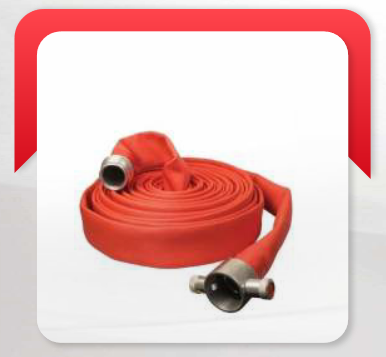
LANDING VALVES
To allow easy access for firefighters to extinguish the fire, landing valves are installed on risers of a building, where staircase landings are typically located. For this reason, landing valves can be regarded as all types of valves related to buildings.
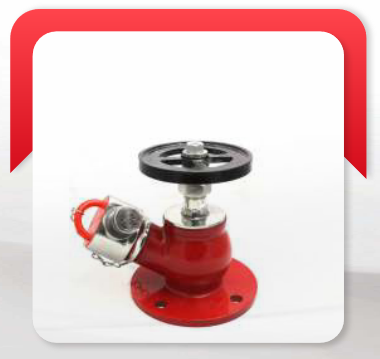
SPRINKLERS
A fire sprinkler or sprinkler head is the component of a fire sprinkler system that discharges water when the effects of a fire have been detected, such as when a predetermined temperature has been exceeded. Fire sprinklers are extensively used worldwide, with over 40 million sprinkler heads fitted each year.
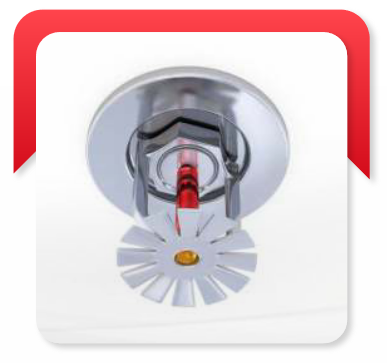
HOSE REEL DRUM
Hose reel drums are used to keep the hose pipe. It can either be fixed permanently on a wall (i.e., wall-mounted) or can be portable (attached to a truck). Since they are connected to the main water supply, they provide a virtually unlimited amount of water 24/7, 365 days a year.
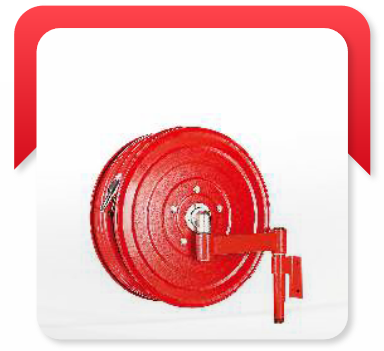
HOSE BOXES
Hose Boxes are used to store the firefighting equipment like Fire Hoses, Fire Extinguishers, Fire Hose Reels, Branch Pipes etc. These cabinets provide best protection from the environmental damage to the fire equipment.
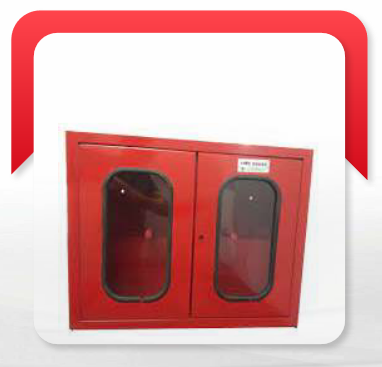
FIRE BRIGADE CONNECTION
Fire brigade connections are used to supply speedy water through the hose pipes at times of fire emergencies. Fire-fighters use them to fight the fire.
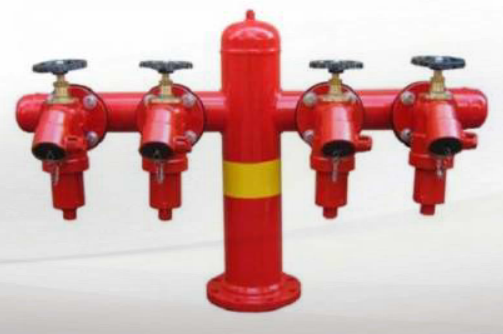
SAFETY SIGNANAGESASGB - ENTERPRISES
